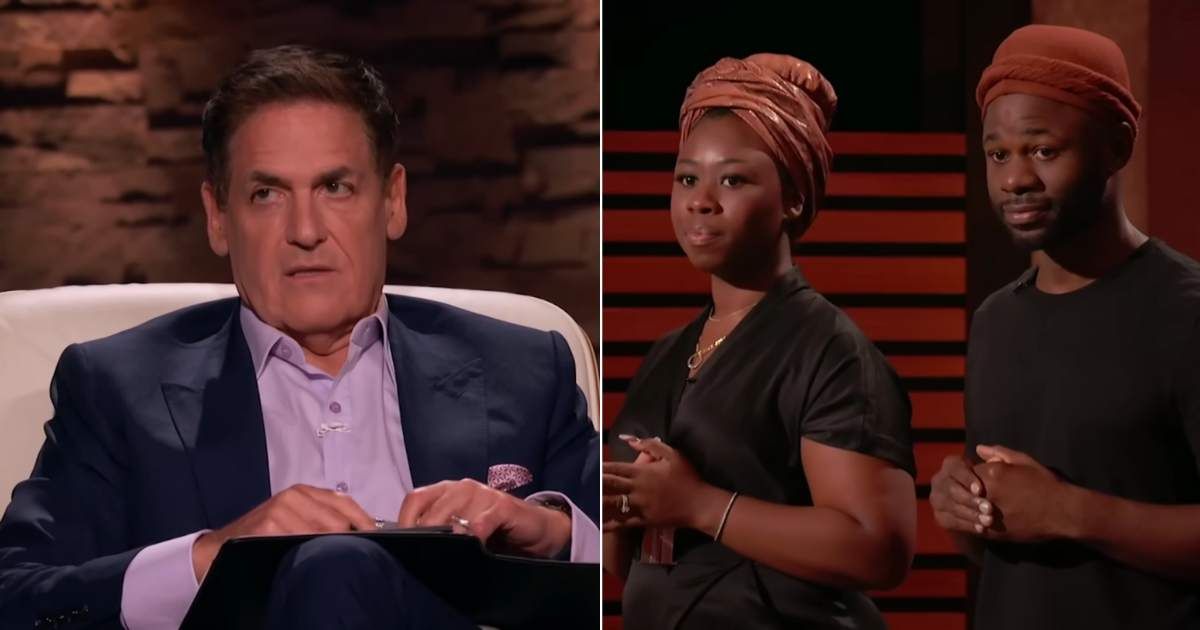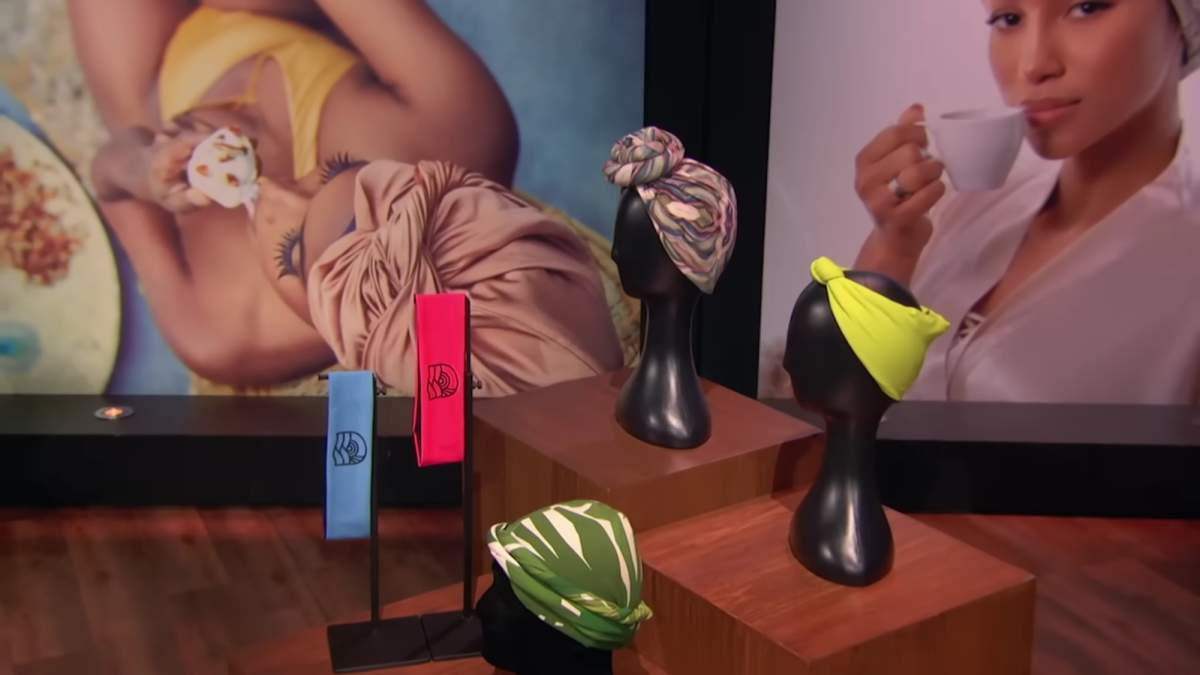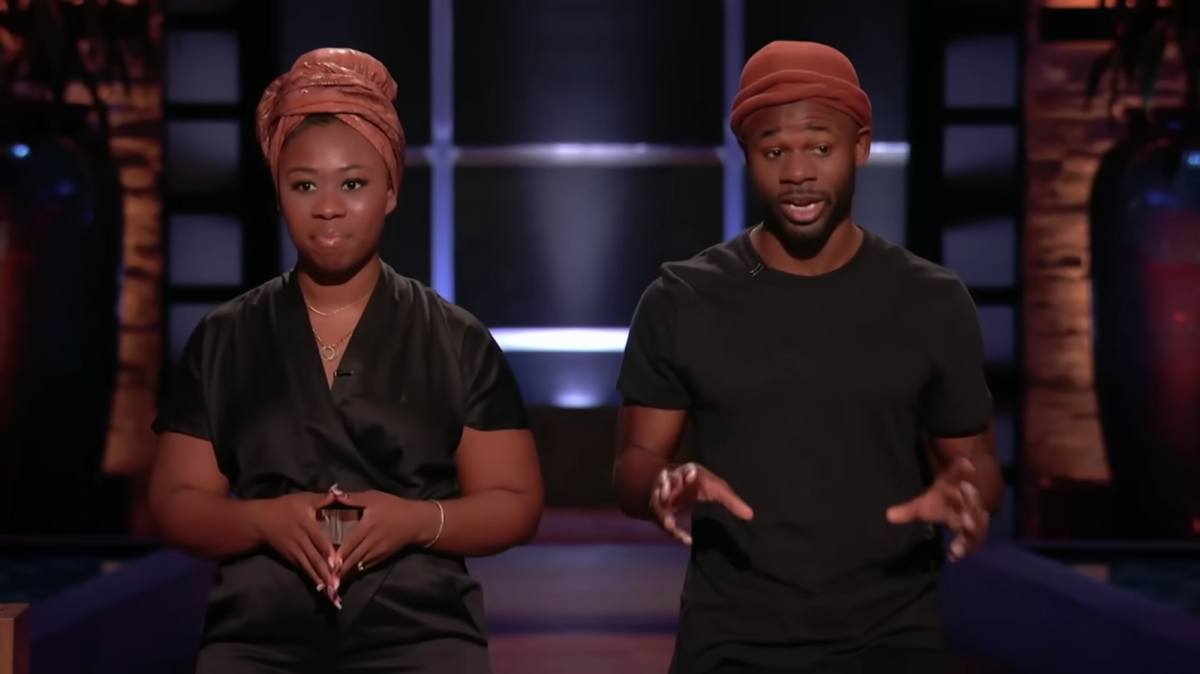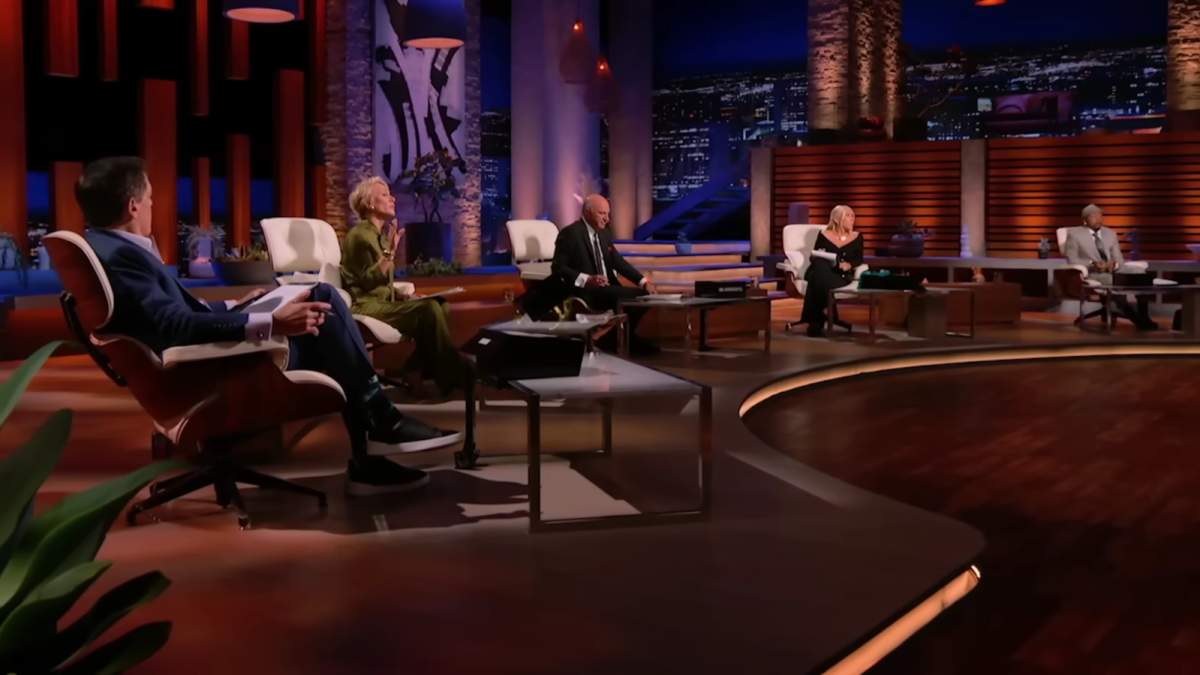'Shark Tank' contestants get a life-changing deal from Mark Cuban to make healthy headgear

The simplest products that solve everyday problems tend to impress "Shark Tank" investors with their potential. After coming across one such innovation, Mark Cuban decided to back a company that sold headgear and invested close to half a million dollars after all other sharks pulled back.
The entrepreneurs were Monique Little and David Dundas, who sought $400,000 for a 5% stake in their company called You Go Natural. You Go Natural made headbands made of skin and hair-friendly material like satin, which not only made the products a lot healthier to wear than regular headgear, but also gave them a premium feel.

The products included turban-like headgear that covered the entire head, which came in two variants. One could be worn normally, and the other was to be worn for a swim, so that their hair is protected from the saltwater or chlorine, depending on where they’d swim. The company also made headbands, which were made from leftover raw materials.
The reason why You Go Natural chose to make the headbands was solely for money. The company had made a whopping $15 million in sales, out of which $7.5 million came in the year prior to taping. However, the entrepreneurs revealed that they had raised $2 million and then lost $2 million the same year, as they had ordered too much inventory. They believed that they’d see massive growth, but supply was way more than demand.

So, Little and Dundas slowed things down a bit to improve their margins in the year of taping, and with the excess inventory, they decided to make headbands, which was the cheapest type of product they sold. The company boasted of great sales numbers, but the loss and their ambition of going into retail from online planted seeds of doubt in the minds of the sharks.
Barbara Corcoran was the first to say no, as she did not believe she could add much as a shark to the company. Kevin O’Leary then followed suit, claiming that he was not on board with the plan to go into retail. Daymond John said no, as it would take a long time for him to make his money back, and Lori Greiner was too wary of the losses incurred to invest. The only one remaining was Mark Cuban.

He offered $400,000 for 20%, which was quite steep, so the entrepreneurs came up with an innovative counteroffer. They asked for the $400,000 as a loan, which would be paid back in royalties ranging from $3 to $5 per item sold, depending on the product, for a 7% stake. Cuban asked for 10% and that was an acceptable deal for all parties involved.
More on Market Realist
'Shark Tank' contestant fits cameras inside bird houses — judges weren't convinced by it at all
'Shark Tank' contestants hide inside giant cake to surprise judges — the deal went as expected
'Shark Tank' contestant comes to the show in his boxers and it went as expected






















